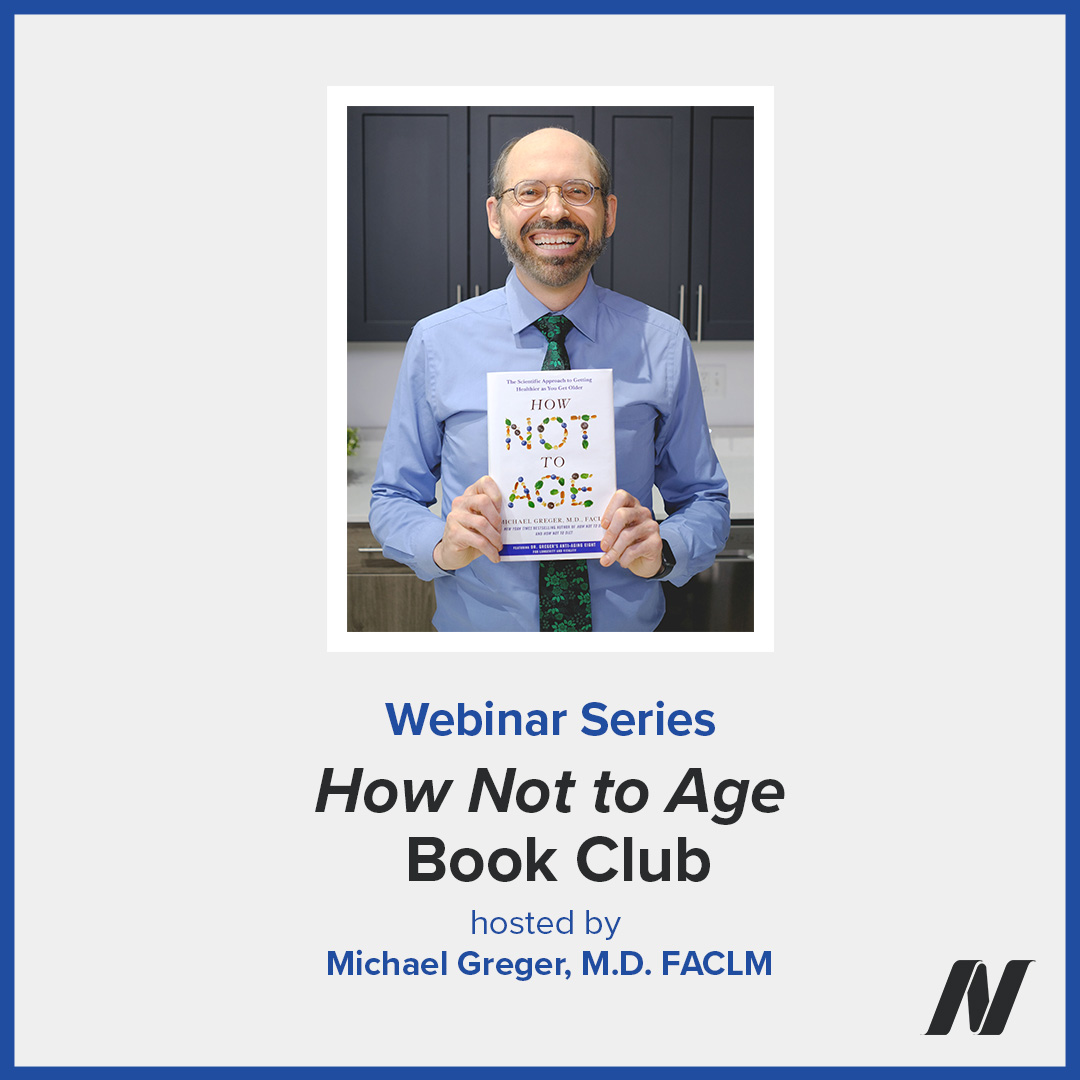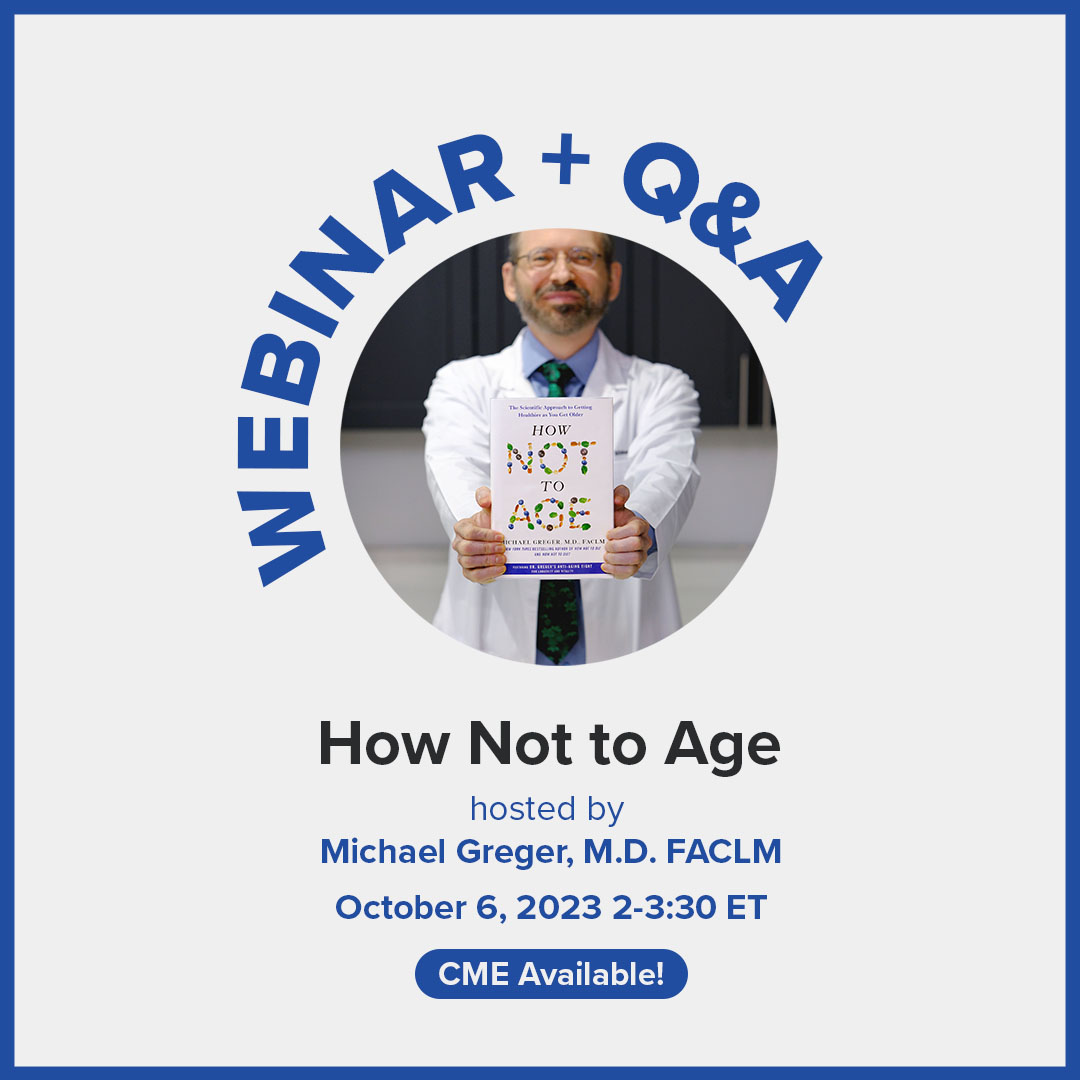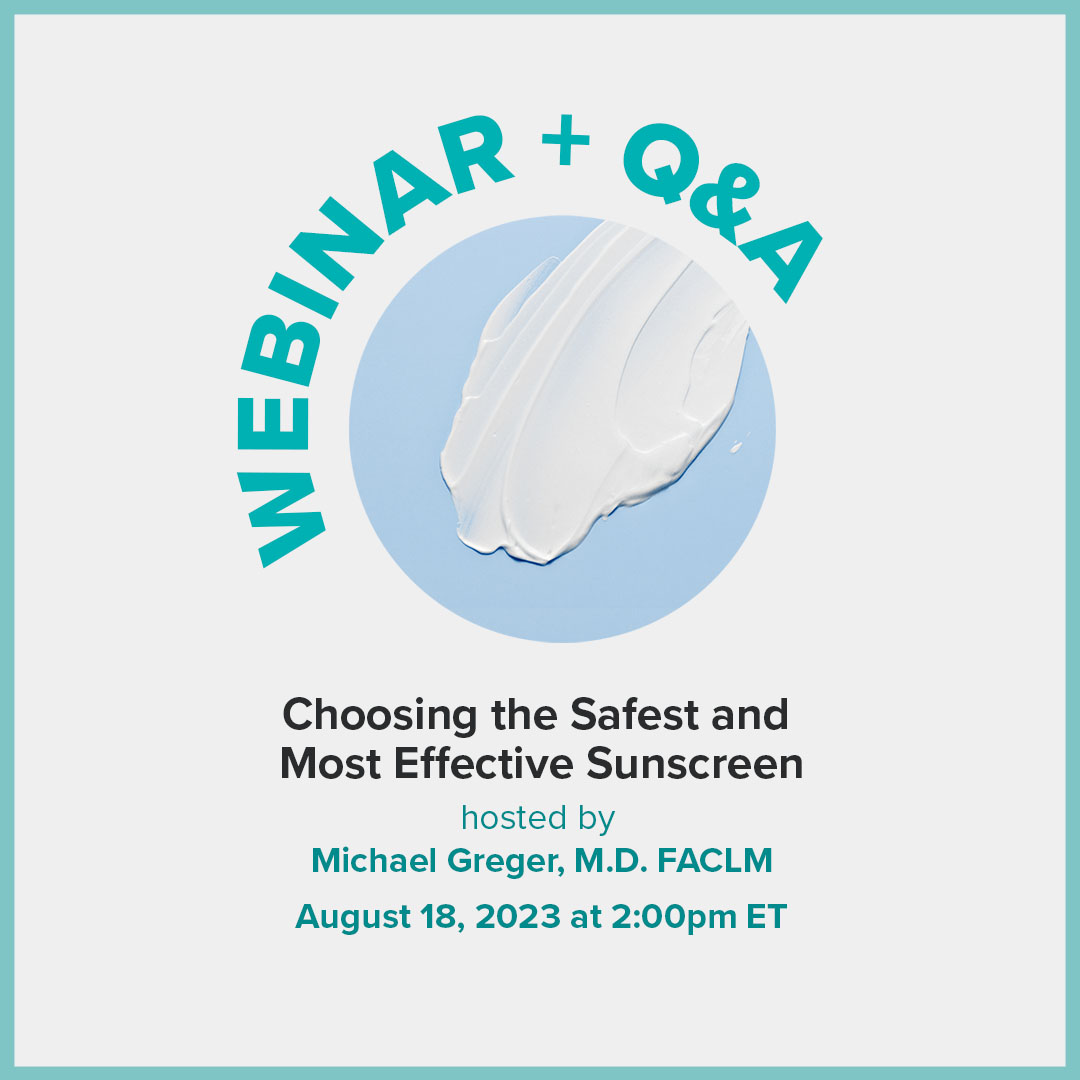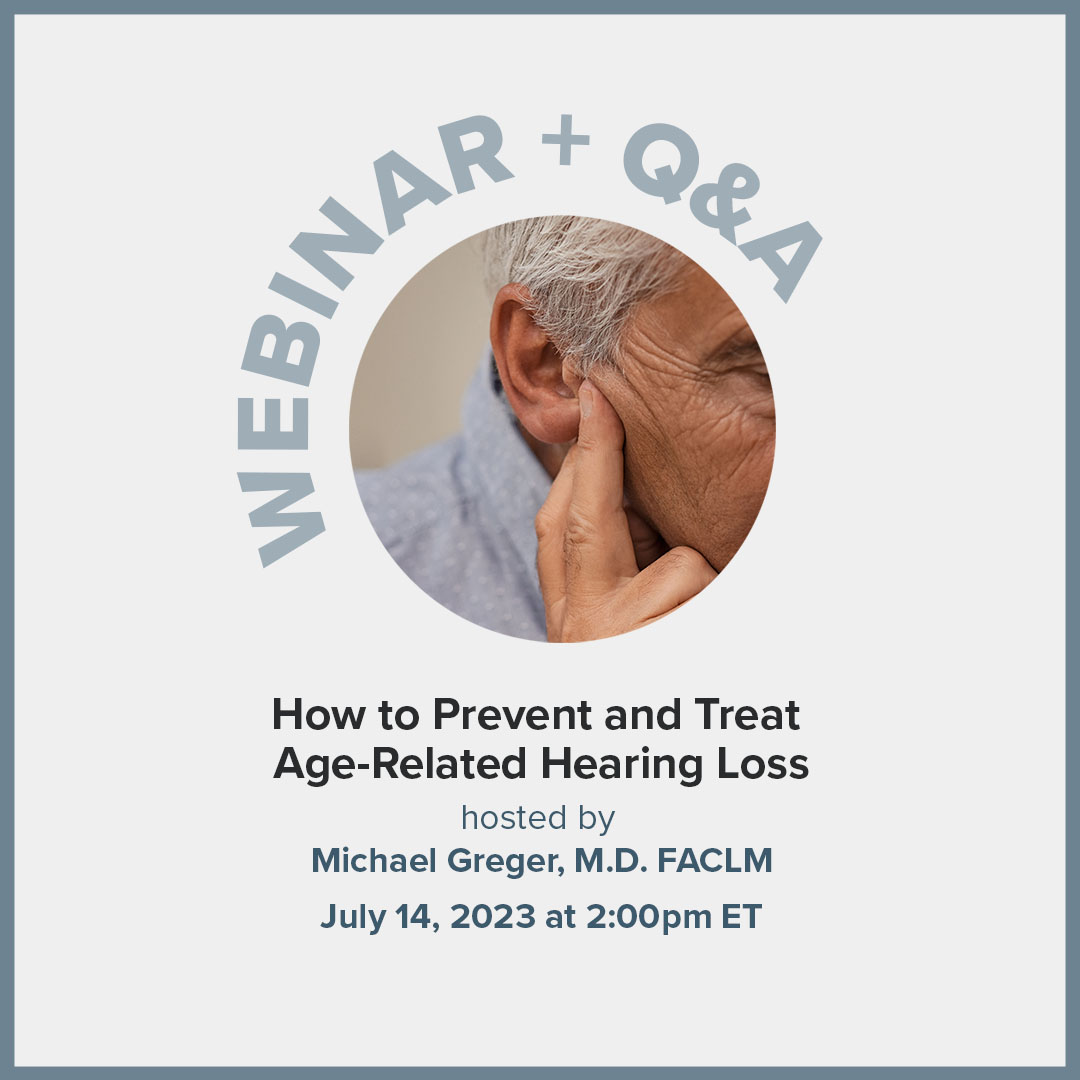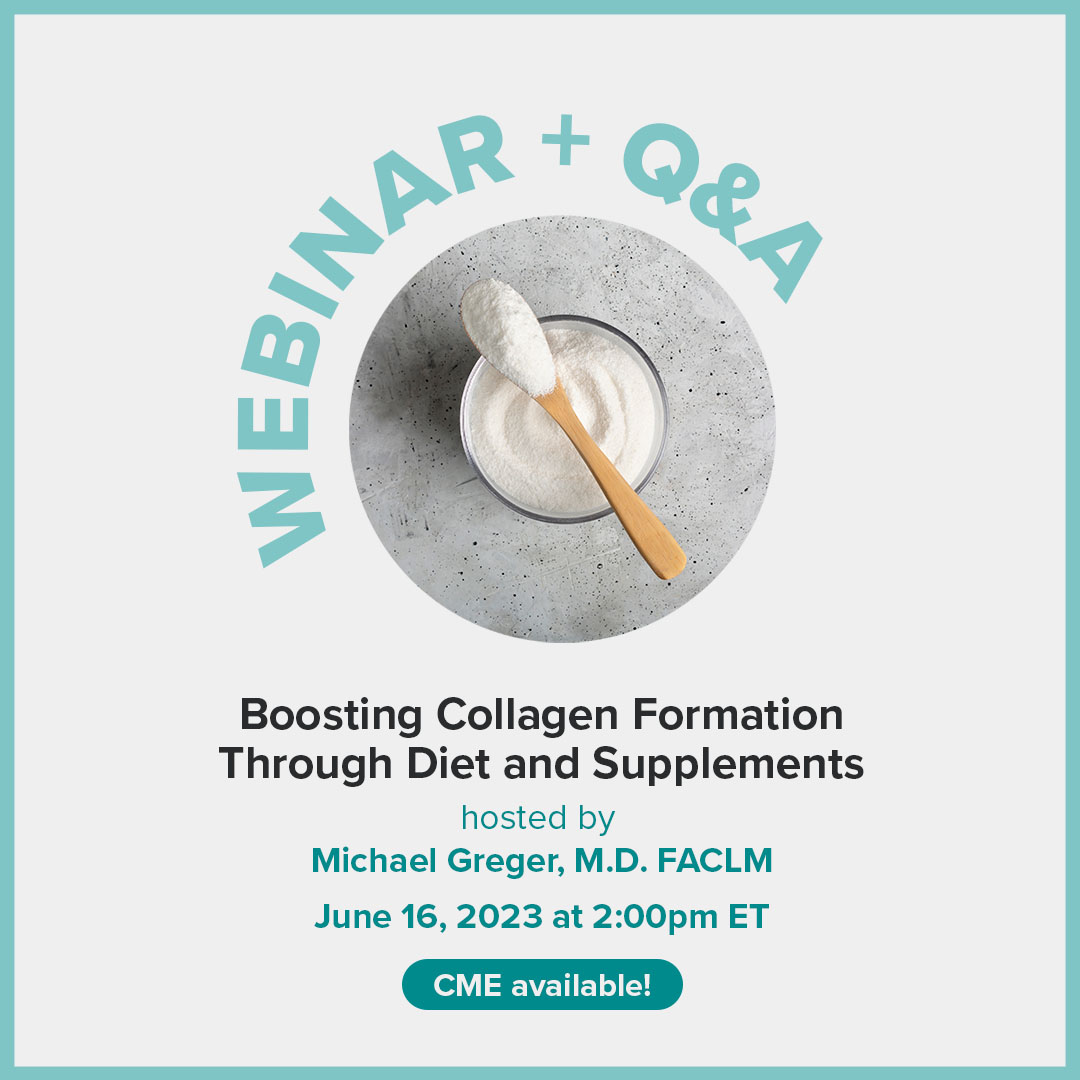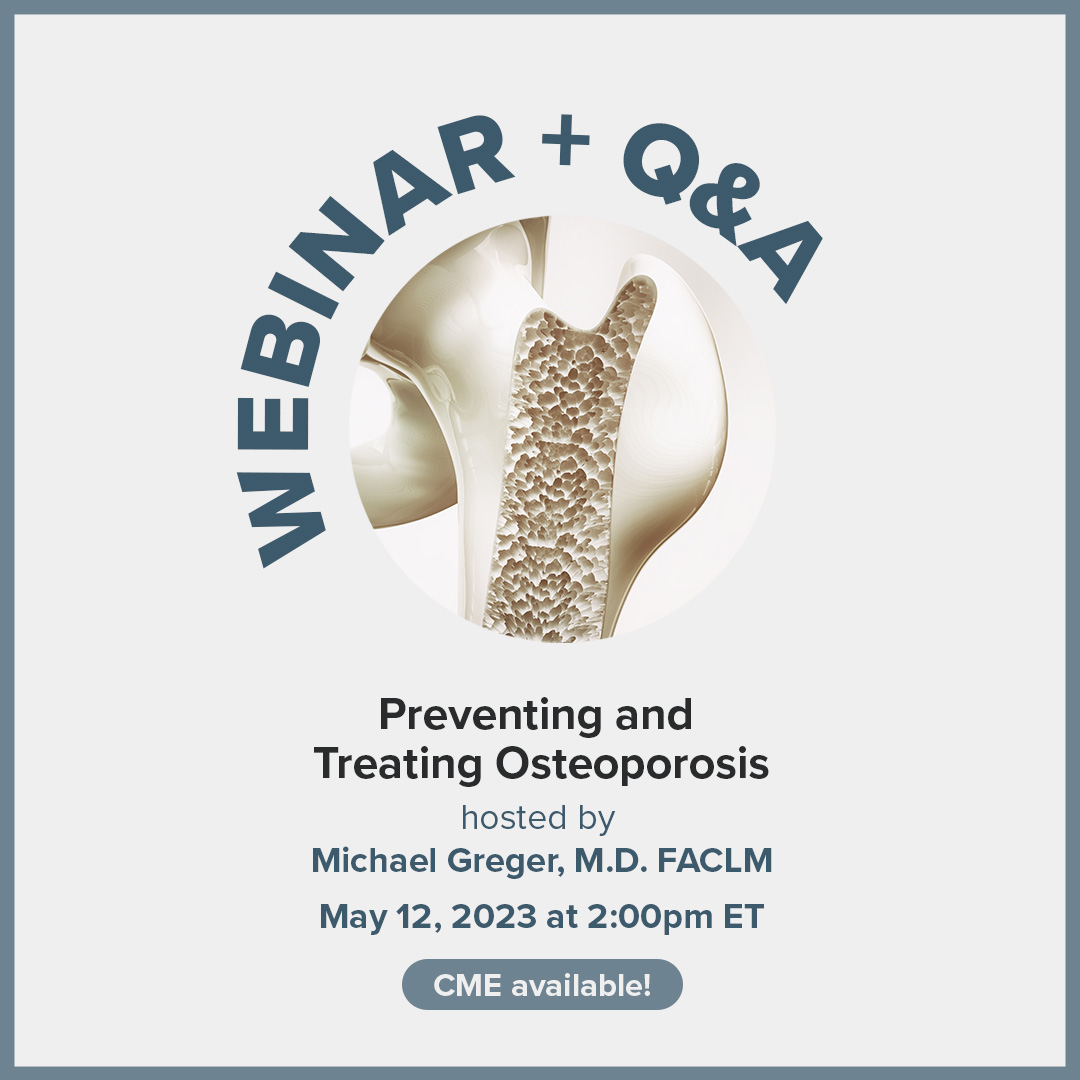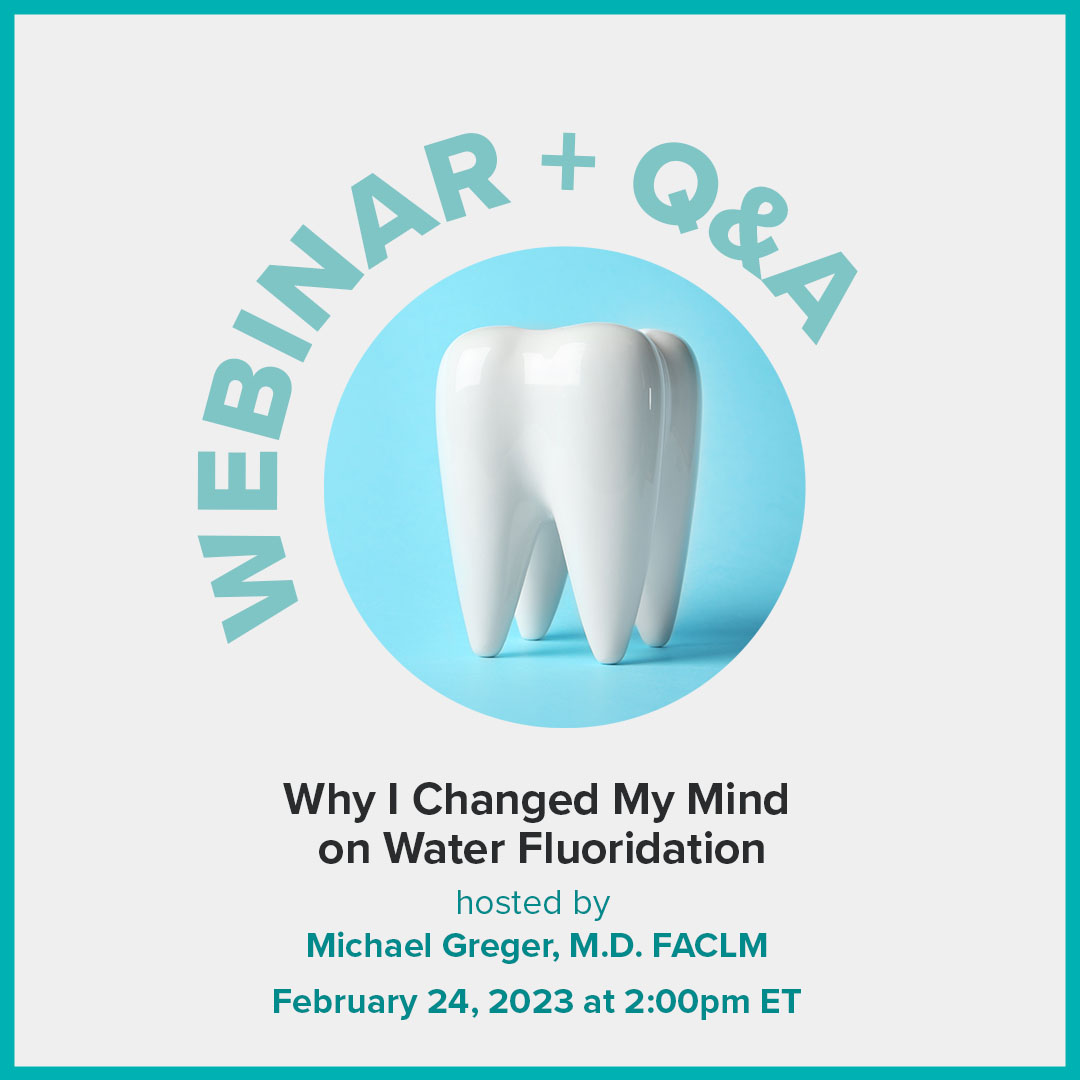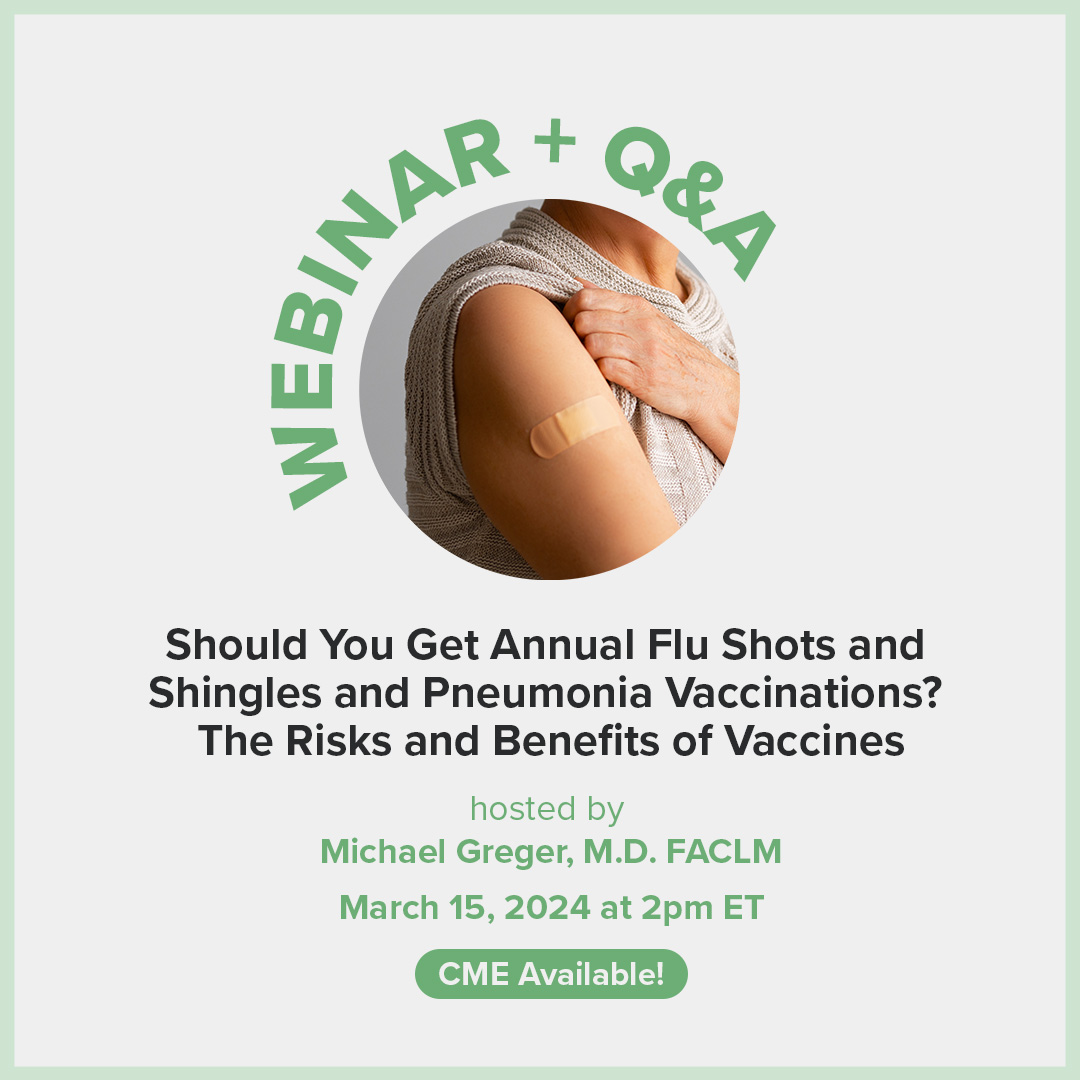
Should You Get Annual Flu Shots and Shingles and Pneumonia Vaccinations?
Recording AvailableThe Centers for Disease Control and Prevention recommends everyone over the age of 6 months get a routine annual flu shot, a shingles vaccine series at age 50, and vaccination against pneumonia at age 65. Data from observation studies on vaccine recipients that show benefits far exceeding the risks are confounded by the fact that people who choose to get vaccinated are more likely to be white, married, nonsmokers of a higher social class, with higher levels of education, higher incomes, and health insurance. You can’t tell cause-and-effect until you put it to the test by randomizing people to vaccine or placebo injections. Join me for my live webinar on March 15 at 2pm ET to find out what randomized, double-blind, placebo-controlled trials have to say about the pros and cons of getting these vaccines.
